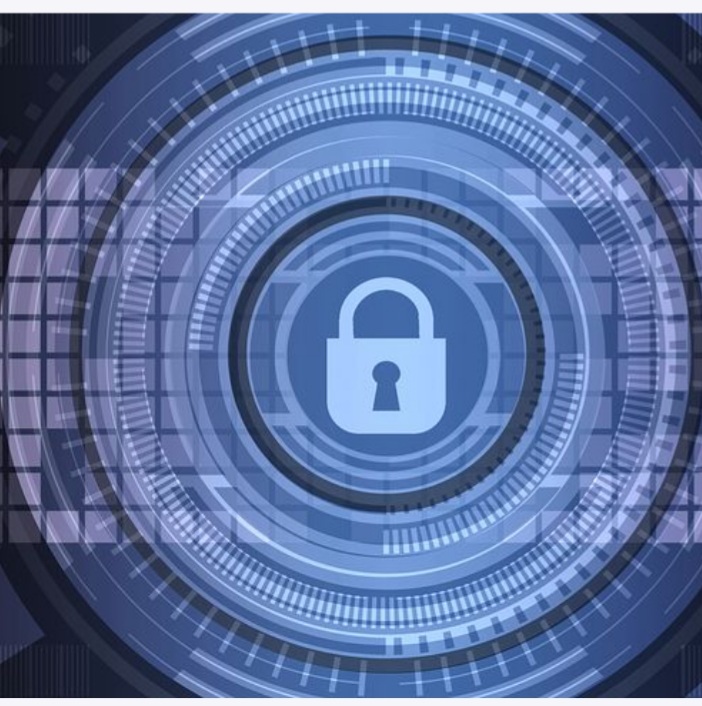Togo, which recently opened a new cybersecurity center, is well positioned to contribute to the efforts being made by individual African nations to secure the cyberspace of the continent.
According to a report published by Kaspersky in November 2021, Nigeria, South Africa, and Kenya collectively registered a total of 81 million cyber attacks in three months. This highlights how cybercrime is increasing in unison with the increased use of the internet. From the first to the second quarter of this year, phishing scams rose by 438% in Kenya and 174% in Nigeria.
The African Centre for Coordination and Research in Cybersecurity, which is based in the capital city of Lomé and was set up as a partnership between the government and the United Nations Economic Commission for Africa (Uneca), will keep an eye out for cybersecurity threats, find them, and share that information with African governments, policymakers, law enforcement, and security agencies. It is thought that cybercrime costs Africa $4 billion a year.
Africa’s Cybersecurity
The center will also be in charge of internet security research on the continent. This is important because hackers are using sophisticated deep learning software to break into government websites, banks, hospitals, power companies, and telecommunications companies in Africa. In July, a cybersecurity fusion center was opened in South Africa by Liquid Cyber Security, the internet security arm of cloud company Liquid Intelligence Technologies.
Cina Lawson, who is the minister of digital economy and transformation for the African nation of Togo, stated that the objective of the collaboration is to make cybersecurity a top priority for African states. Our goal is to establish ourselves as a major digital hub in Africa
He said, “Our model of working together with the business sector is a new strategy that we want to show off to get other countries on the continent to make cyberspace safer.”
The Lomé Declaration, as well as Togo’s role as a pioneer in the field of cybersecurity
The African nations that have subscribed to the Lomé Declaration (pdf), which is creating a regulatory framework to make cybersecurity an enabler of commerce, did so in March of last year.
Vera Songwe, the under-secretary-general of the United Nations and the executive secretary of Unica, stated that it is essential to advance the promotion of integrated approaches to cybersecurity throughout Africa. Both a National Cybersecurity Agency (ANCy) and a Personal Data Protection Authority (IPDCP) are already in place in Togo, which positions the country as a frontrunner in the race to protect cyberspace in Africa.
After a cyberattacker has used cookies to gain access to a corporation’s web-based and cloud-based resources, they will use those resources for additional exploitation, such as the compromise of business email, the use of social engineering to gain further system access, and even the modification of data or source code repositories. Additionally, there have been instances of hacking on social media sites to steal money from credit cards.
In the past year, we have noticed an increase in attackers resorting to cookie stealing to get around the increasing use of multi-factor authentication.
According to Sean Gallagher, principal threat researcher at Sophos, a UK cybersecurity company, “attackers are turning to new and enhanced variants of information stealing malware like Raccoon Stealer to ease the process of getting authentication cookies, also known as access tokens.”
To combat cybercrime and improve the resilience of digital financial ecosystems, the African Development Bank awarded $2 million to the African Cybersecurity Resource Center (ACRC) for Financial Inclusion in March last year.
 We just launched our WhatsApp channel. Want to get the latest news from the Tech in Africa?
We just launched our WhatsApp channel. Want to get the latest news from the Tech in Africa?



